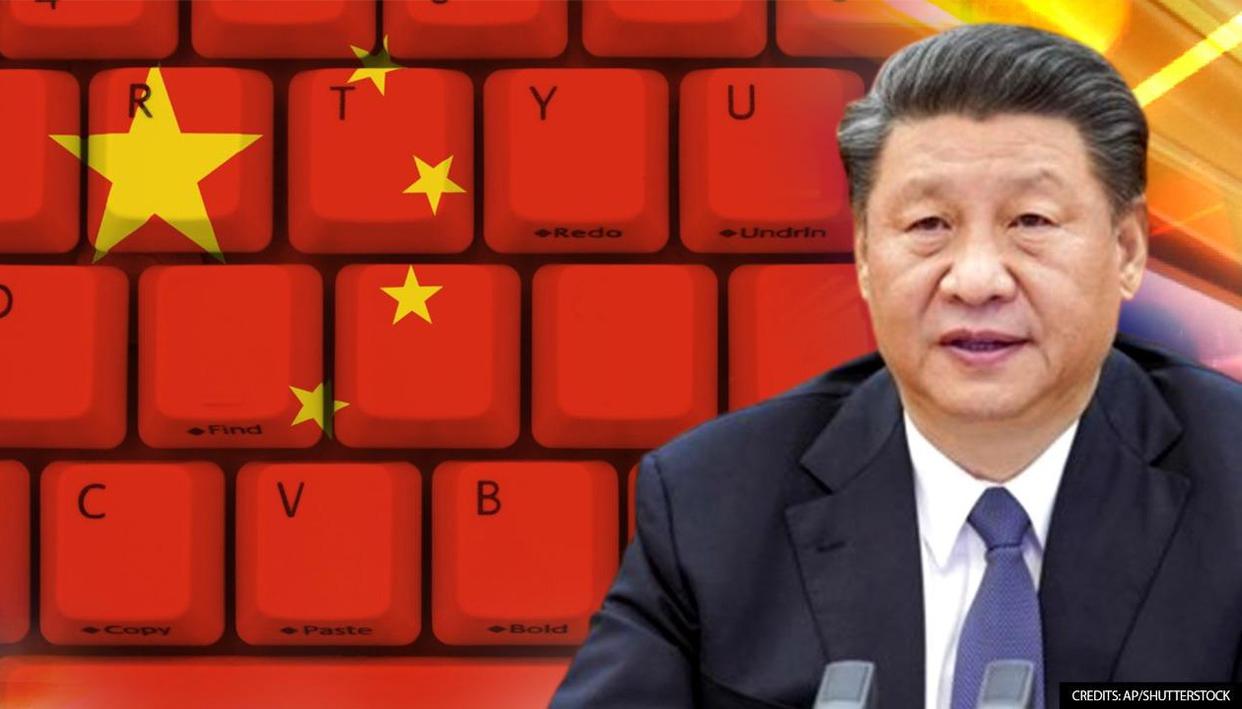Another journalist from NextDigital arrested in Hong Kong
After the arrest of the journalists from Apple Daily, two journalists for the Next Digital has been arrested, after which the tabloid has decided to stop its production at the latest on Saturday. The moves come after another of its journalists was arrested under the Beijing-imposed National Security Law.
In its statement, the non-profit said: “Reporters Without Borders (RSF) deplores the shutdown, announced on Wednesday, June 23rd, of Apple Daily, one of the last major Chinese-language media critical of the Beijing regime, which follows the freezing of its financial assets imposed by the Hong Kong government.”
“The tearing down of Apple Daily, one of the last major Chinese-language media critical of the Beijing regime, after years of harassment, is sending a chilling message to Hong Kong journalists,” says Cedric Alviani, RSF East Asia bureau head.
“If the international community does not respond with the utmost determination, President Xi Jinping will know that he can erase press freedom in Hong Kong with complete impunity, as he has already done in the rest of China,” Alviani added.
RSF had submitted an urgent appeal on Tuesday to the United Nations (UN), asking the organisation to “take all necessary measures” to safeguard press freedom in Hong Kong.
Meanwhile, Hongkongers rushed overnight to buy one of a million copies of Apple Daily’s last-ever edition, which hit the streets in the early hours of Thursday to close the final chapter of the tabloid-style newspaper’s 26 years in business.
As queues of customers stretched outside newsstands across Hong Kong, a round of applause erupted in the Apple Daily newsroom at 11.45pm to mark executive editor-in-chief Lam Man-chung sending off the last issue of the newspaper to the printing press.
“Keep it up, Apple Daily! Keep it up, Hong Kong!” staff chanted, as the paper’s followers outside its Tseung Kwan O headquarters whistled and clapped in support.
In a nod to the 2019 unrest, some outside were wearing black and shouting “Liberate Hong Kong; revolution of our times”, a slogan popular with anti-government protesters. The chants soon fell silent.
Furthermore, Associate publisher Chan Pui-man thanked her staff and the dozens of supporters who had braved the rain to gather outside. She was among the five senior executives arrested by national security police last week, three of whom were released on bail without charge. The Hong Kong newspaper said that the decision was taken because of limited manpower and to protect its staff.
“The company will soon announce arrangements for staff and subscribers. Apple Daily thanks readers, subscribers, advertisers and Hongkongers for their great support in the last 26 years. Goodbye and take care,” the online article said.
The move followed Apple Daily founder Jimmy Lai Chee-Ying and two senior executives from Next Digital being charged last December with fraud, accused of improperly subleasing office space at the paper’s headquarters to secretarial firm Dico between 2016 and 2020.
Last week, the Hong Kong Police forces arrested five Apple Daily executives, marking the first time top editors of a media agency had been arrested under the draconian security law.
Those arrested include Editor-in-chief Ryan Law Wai-kwong, chief operating officer (COO) and publisher Cheung Kim-hung, who is also CEO of the newspaper’s parent company Next Digital. They are accused of colluding with foreign forces to endanger national security, the news company said.
Since the arrest of five of its top executives last Thursday, Apple Daily has lost nearly half its workforce. But those remaining on Tuesday vowed to carry on through the end.
The European Union said the closure of Apple Daily operations clearly showed the national security law – which bans acts of subversion, secession, terrorism and collusion with foreign forces – was being used to “stifle freedom of the press and the free expression of opinions”.
“Its closing seriously undermines media freedom and pluralism, which are essential for any open and free society. The erosion of press freedom is also counter to Hong Kong’s aspirations as an international business hub,” an EU spokeswoman said.
Hong Kong, once a bastion of press freedom, has fallen from 18th place in 2002 to 80th place in the 2021 RSF World Press Freedom Index. The People’s Republic of China, for its part, has stagnated at 177th out of 180.













